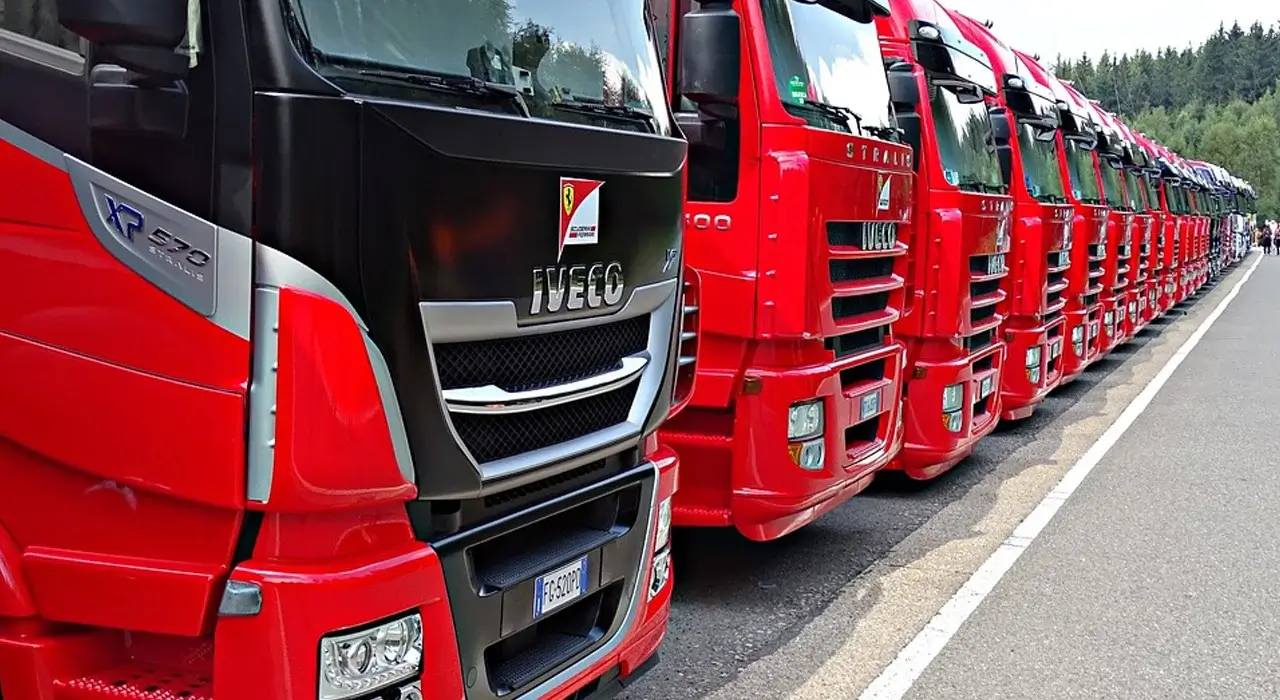Trucking commercial insurance is a type of insurance that is designed to protect trucking companies and their drivers from the financial risks associated with operating commercial vehicles.
The types of coverage that are typically included in a trucking commercial insurance policy include liability insurance, which covers costs associated with damages or injuries that a truck driver may cause to another person or property while operating a commercial vehicle; cargo insurance, which covers the cost of damages or losses to the cargo that a truck is transporting; and physical damage insurance, which covers damages to the truck itself as a result of an accident or other event.
There are different insurance policies available for different types of trucking businesses, such as long haul trucking, short haul trucking, and even different types of trucking like refrigerated trucking. Based on the type of trucking you do, the insurance can be tailored to your specific needs.
Suggestion: 7 Best Brake Pads For Toyota Highlander Review In 2023 & Buying Guide
In addition to these standard coverage options, trucking commercial insurance policies may also include endorsements for additional coverage, such as non-trucking liability insurance (also known as “bobtail insurance”), which provides coverage for a truck driver when they are not actively engaged in commercial trucking operations, or insurance for electronic logging devices, which are becoming more common in the trucking industry as a way to track driver hours and compliance with federal regulations. You can contact Simplec Group for trucking insurance.
Trucking companies need to shop around and compare the coverage and costs of different insurance policies before making a decision. Finding the right Truck insurance coverage is crucial for the survival and growth of a trucking business.
Need of trucking insurance

There are several reasons why trucking companies need insurance:
- Legal requirement: Operating a commercial vehicle is a legal requirement and most states have laws in place mandating commercial vehicle operators to have liability insurance. Not having insurance can result in penalties, fines, and even suspension of the operating license.
- Financial protection: Accidents happen, and without insurance, a trucking company could be facing large financial losses. Insurance can help to cover the costs of damages or injuries caused by a truck driver, protecting the company’s assets and finances.
- Compliance: Many shippers and other businesses that hire trucking companies to transport their goods require that the trucking company have certain types of insurance coverage before they will do business with them.
- Employee protection: Insurance can also help to protect the trucking company’s employees. If a driver is injured on the job, workers’ compensation insurance can help to cover the costs of medical care and lost wages.
- Risk Management: Insurance is not just a protection against known risks, it also acts as a risk management tool to mitigate unknown risks.
In short, trucking insurance is important for protecting trucking companies and their drivers, meeting legal requirements, complying with industry standards, and managing risks. Not having insurance can leave a trucking company vulnerable to financial losses and legal penalties.
It’s essential for trucking companies to consider their insurance options and find a policy that meets their specific needs.





